
The resource articles that I have read and provided on this site, are solely intended to assist you in your own research journey. They are not endorsed or a legal claim of mine or Sage Essentials. Scroll down the page for specific articles for medical conditions.
If you would like an in-depth understanding or history of Cannabinoids (CBD), watch Dr. Raphael Mechoulam “Godfather of Cannabis” videos. He is an Israeli organic chemist and professor of Medicinal Chemistry and has been studying cannabinoids for over 50 years.
Dr. Raphael Mechoulam PH.D – (The Scientist) ![]() Click for Videos
Click for Videos
____________________________________________________________________________________________
What are some of the benefits of CBD?
World Health Organization (WHO) Cannabidiol (CBD) Pre-Review Report (Pg. 18)
Table 1. Overview of diseases for which CBD may have therapeutic benefits taken from Pisanti et al (2017) [69]
| Disease | Effects |
| Alzheimer’s disease | Ant-inflammatory, antioxidant, antiapoptotic in in vitro and in vivo models of Aβ-evoked neuroinflammatory and neurodegenerative responses. |
| Parkinson’s disease | Attenuation of the dopaminergic impairment in vivo; neuroprotection; improvement of psychiatric rating and reduction of agitation, nightmare and aggressive behavior in patients. Multiple |
| Multiple sclerosis | Improved signs of EAE in mice, ant inflammatory and immunomodulatory properties |
| Huntington’s disease | Neuroprotective and antioxidant in mice transgenic models; no significant clinically important differences in patients. |
| Hypoxia-ischemia injury | Short term neuroprotective effects; inhibition of excitotoxicity, oxidative stress and inflammation in vitro and in rodent models. |
| Pain | Analgesic effect in patients with neuropathic pain resistant to other treatments. |
| Psychosis | Attenuation of the behavioral and glial changes in animal models of schizophrenia; anti-psychotic properties on ketamine-induced symptoms |
| Anxiety | Reduction of muscular tension, restlessness, fatigue, problems in concentration, improvement of social interactions in rodent models of anxiety and stress; reduced social anxiety in patients. |
| Depression | Anti-depressant effect in genetic rodent model of depression. |
| Cancer | Antiproliferative and anti-invasive actions in a large range of cancer types; induction of autophagy-mediated cancer cell death; chemo preventive effects. |
| Nausea | Suppression of nausea and conditioned gaping in rats |
| Inflammatory diseases | Ant-inflammatory properties in several in vitro and in vivo models; inhibition of inflammatory cytokines and pathways |
| Rheumatoid arthritis | Inhibition of TNF-α in an animal model
|
| Infection | Activity against methicillin-resistant Staphylococcus aureus |
| Inflammatory bowel and Crohn’s diseases | Inhibition of macrophage recruitment and TNF-α secretion in vivo and ex vivo; reduction in disease activity index in Crohn’s patients |
| Cardiovascular diseases | Reduced infarct size through anti-oxidant and anti-inflammatory properties in vitro and in vivo |
| Diabetic complications | Attenuation of fibrosis and myocardial dysfunction |
WHO Report Finds No Public Health Risks Or Abuse Potential For CBD (forbes.com)
Clinicians’ Guide to Cannabidiol and Hemp Oils (mayoclinicproceedings.org)
Antioxidative and Anti-Inflammatory Properties of Cannabidiol – PMC (nih.gov)
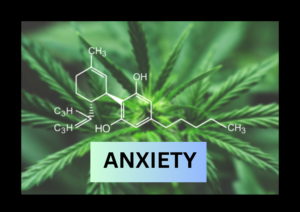
CLICK FOR RESOURCE INFORMATION
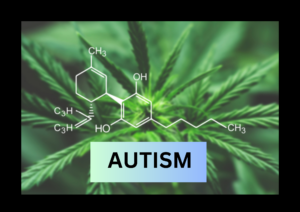
CLICK FOR RESOURCE INFORMATION
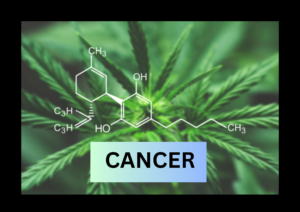
CLICK FOR RESOURCE INFORMATION
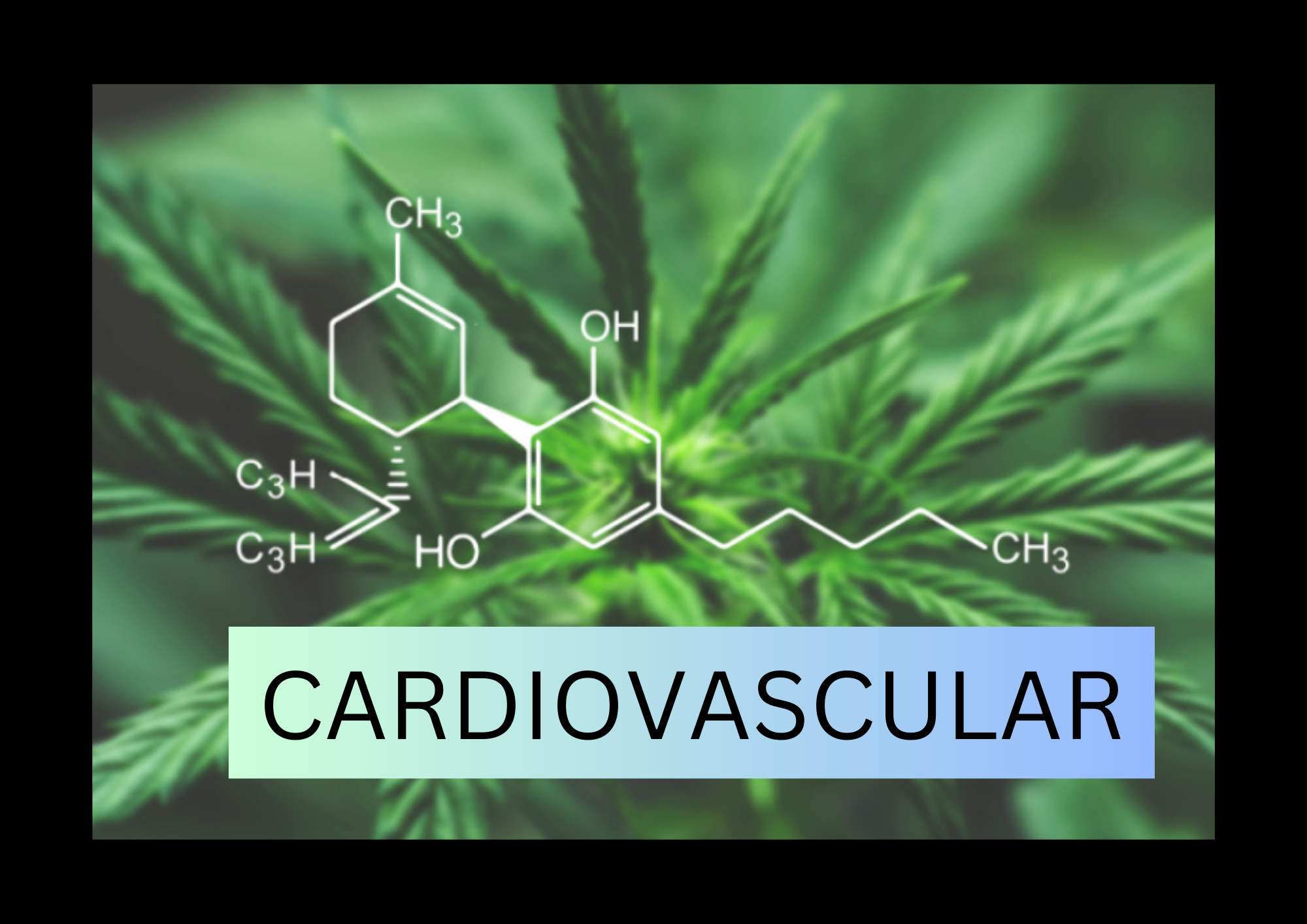
CLICK FOR RESOURCE INFORMATION
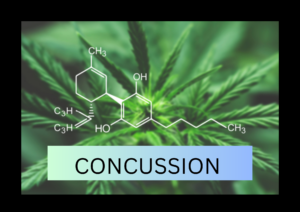
CLICK FOR RESOURCE INFORMATION
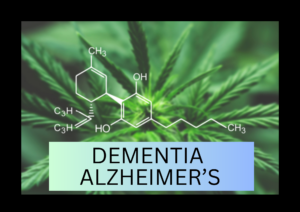
CLICK FOR RESOURCE INFORMATION
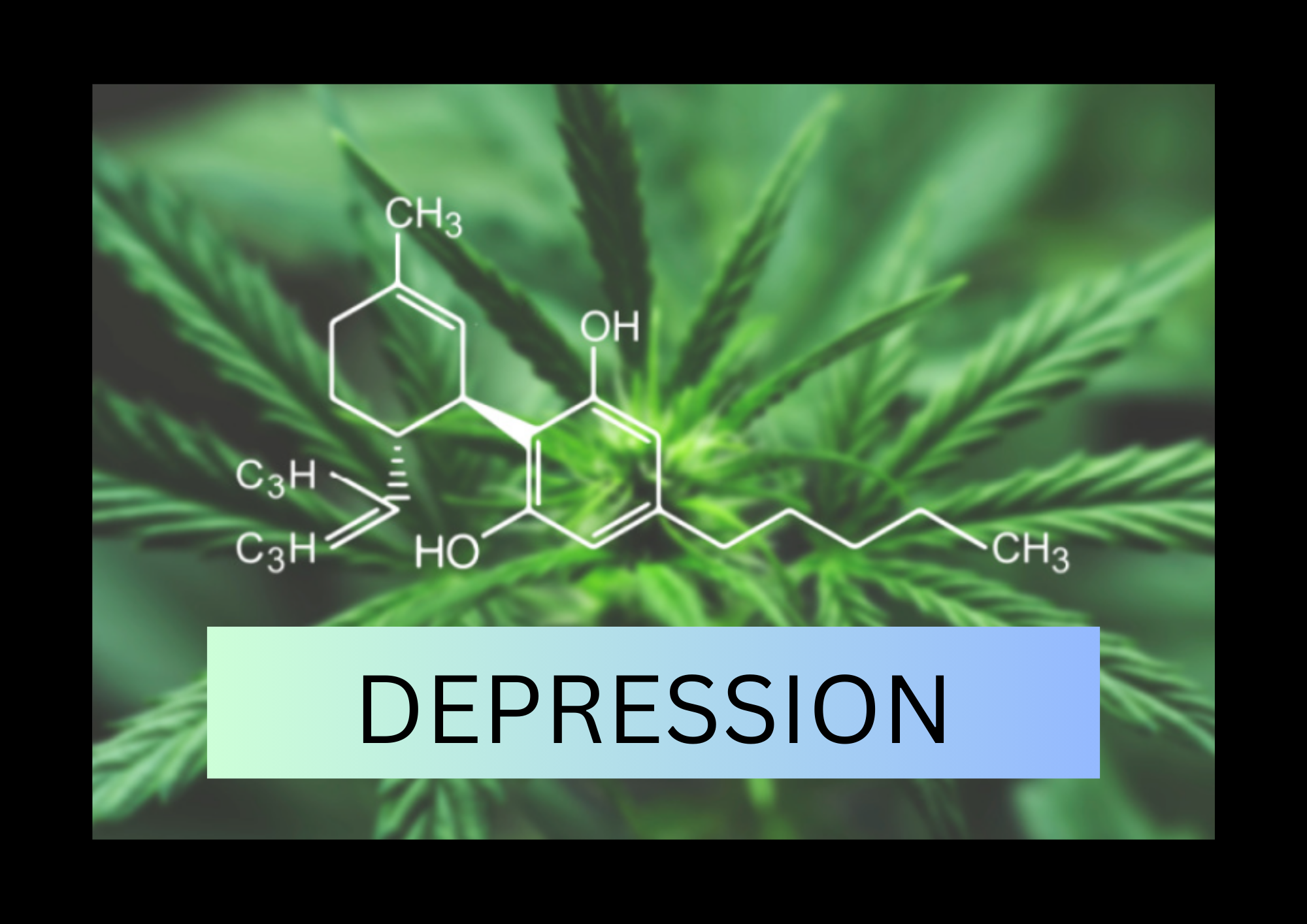
CLICK FOR RESOURCE INFORMATION
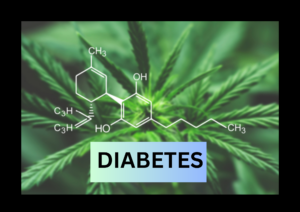
CLICK FOR RESOURCE INFORMATION
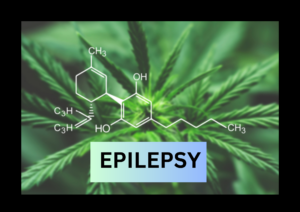
CLICK FOR RESOURCE INFORMATION
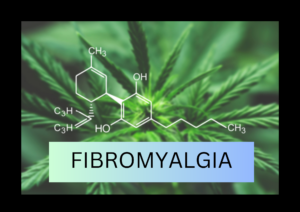
CLICK FOR RESOURCE INFORMATION
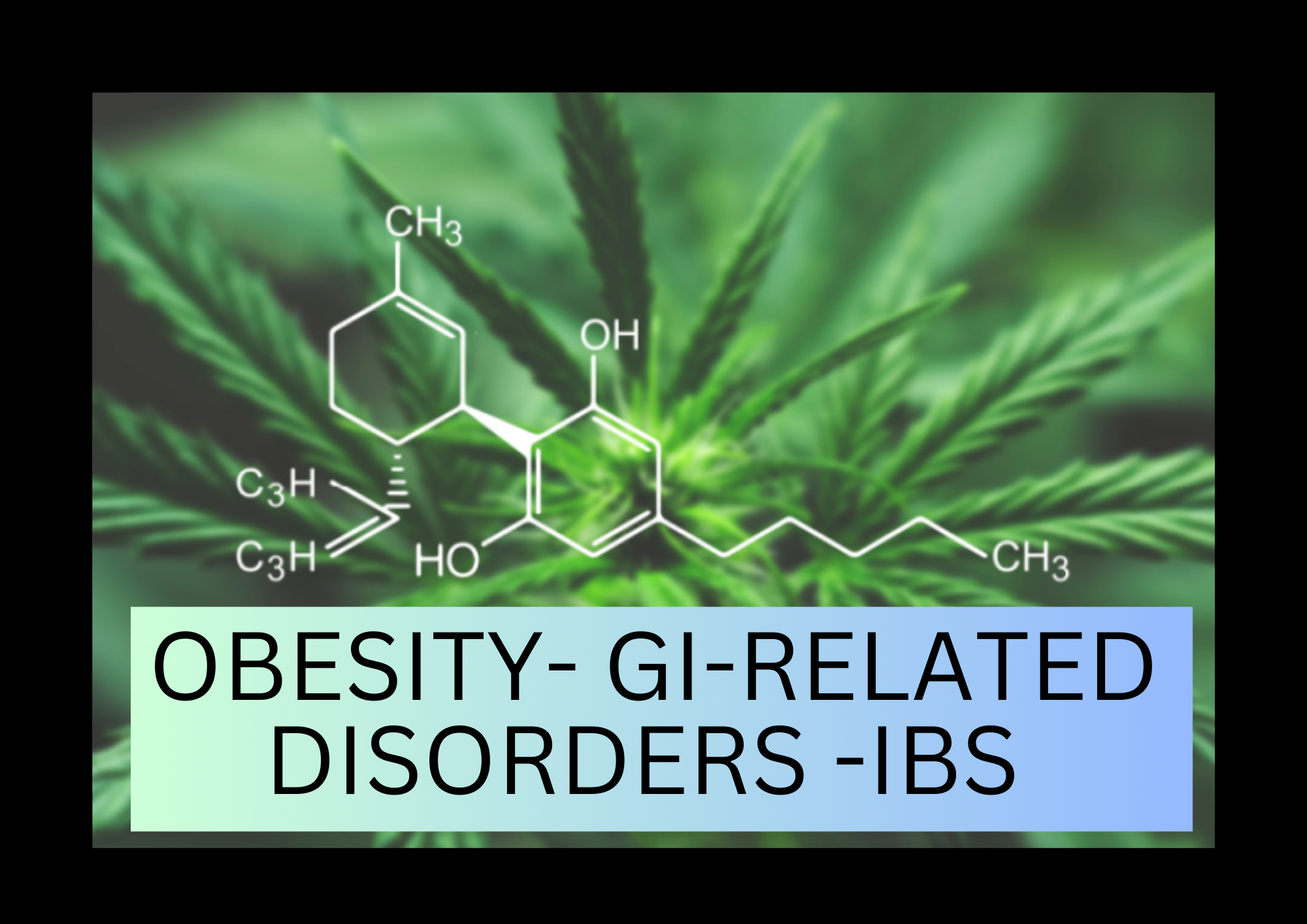
CLICK FOR RESOURCE INFORMATION
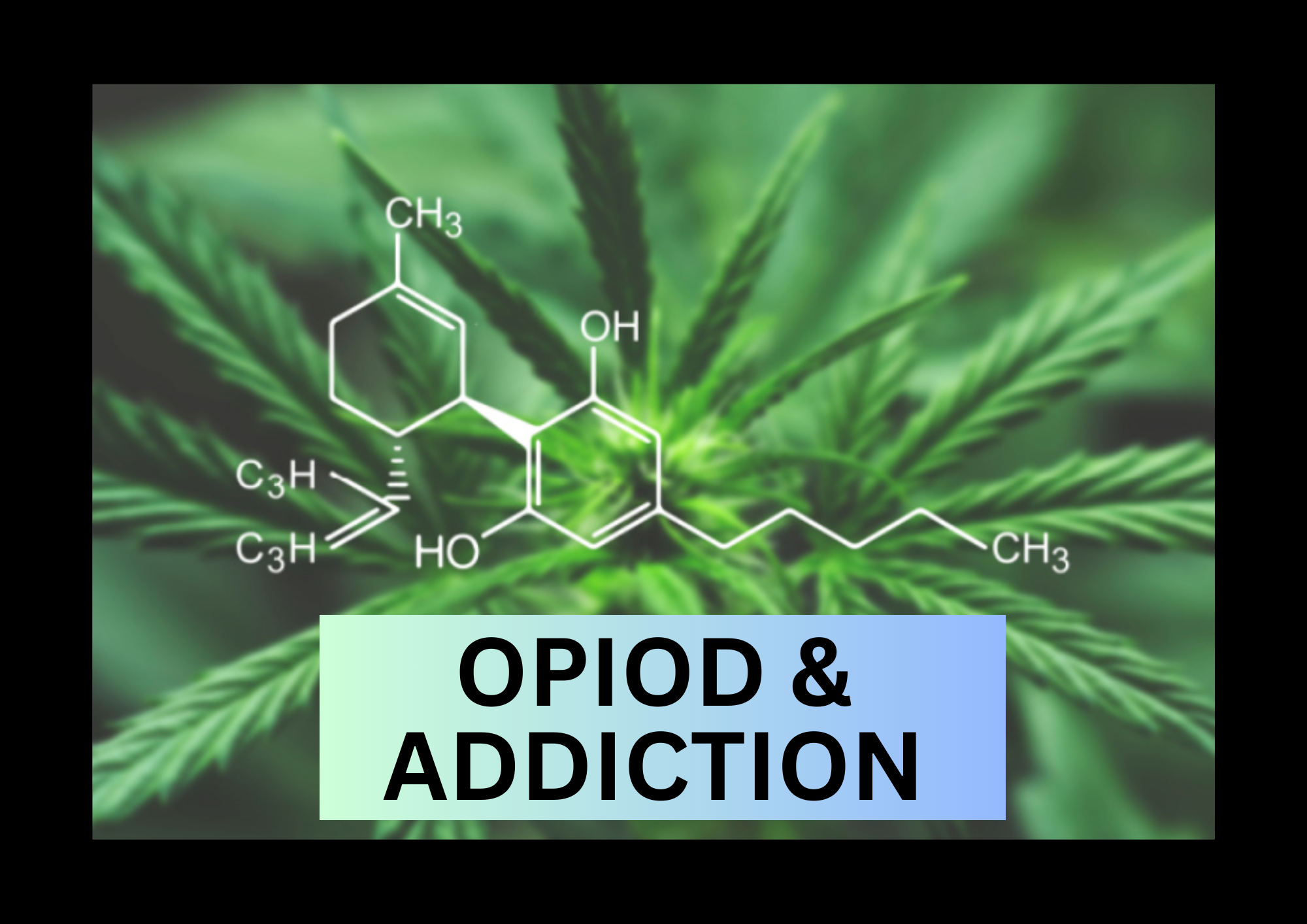
CLICK FOR RESOURCE INFORMATION
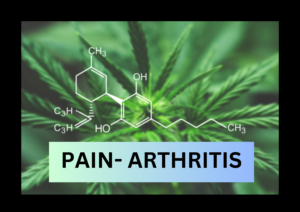
CLICK FOR RESOURCE INFORMATION
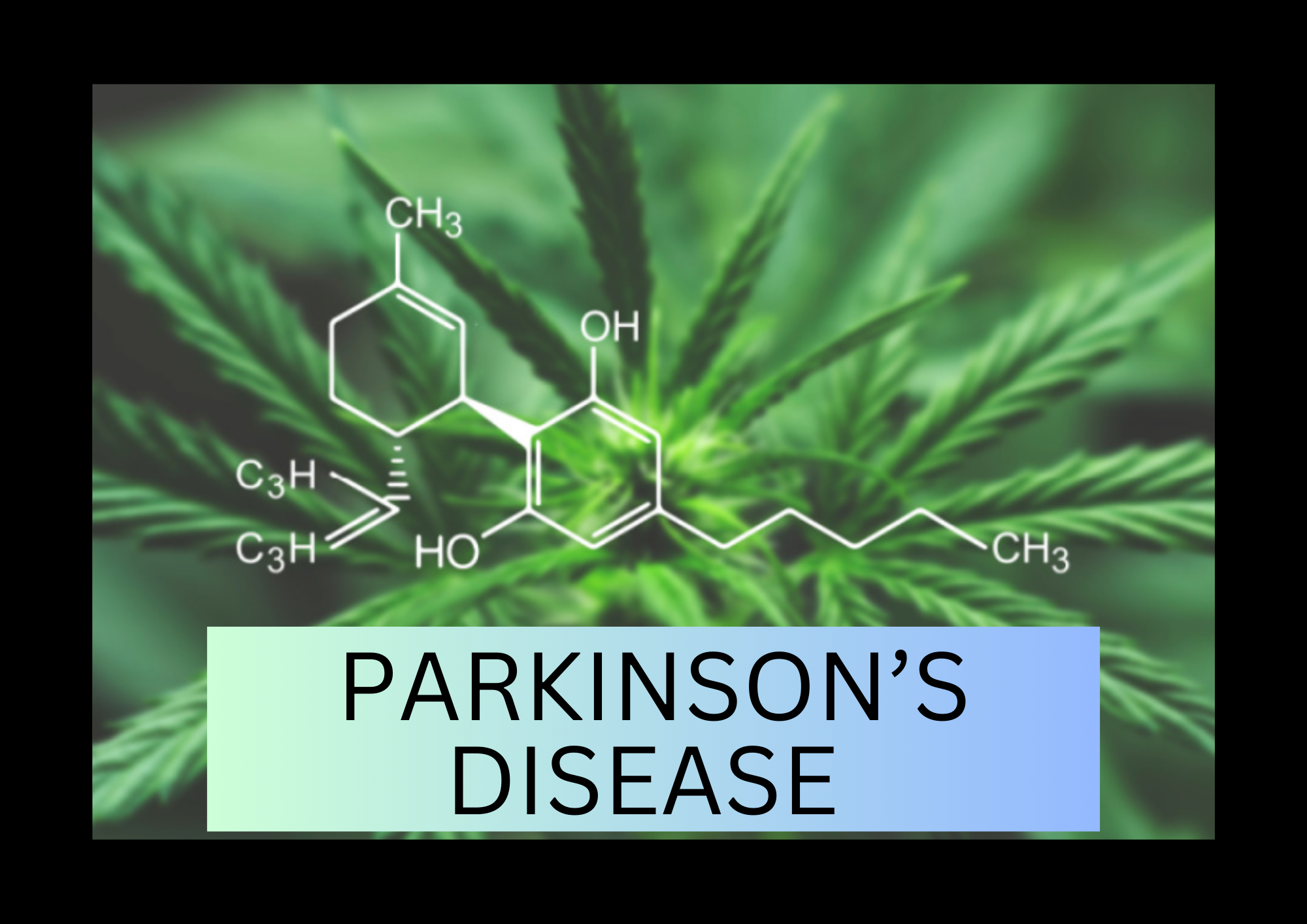
CLICK FOR RESOURCE INFORMATION

CLICK FOR RESOURCE INFORMATION
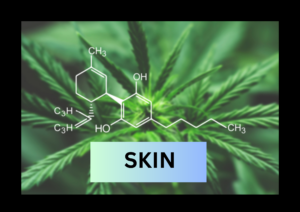
CLICK FOR RESOURCE INFORMATION
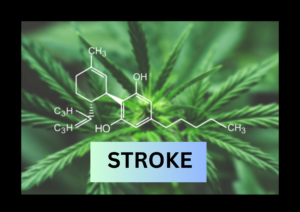
CLICK FOR RESOURCE INFORMATION
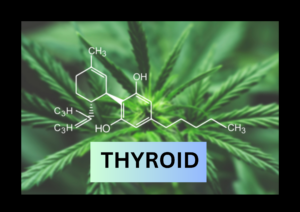
CLICK FOR RESOURCE INFORMATION
CLICK HERE FOR Pet Resources

